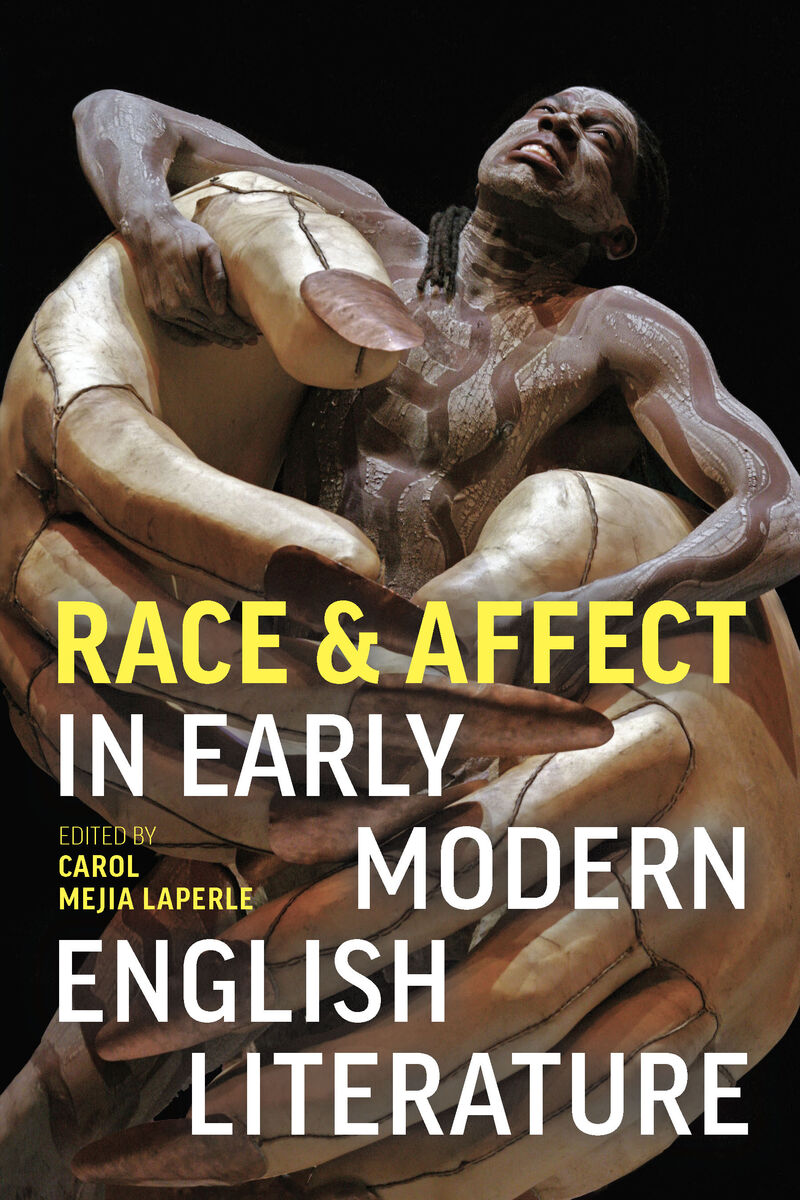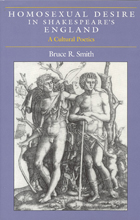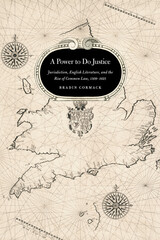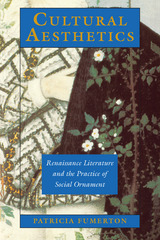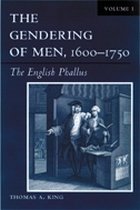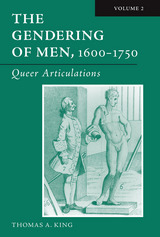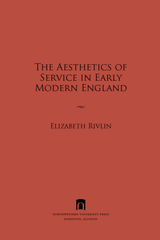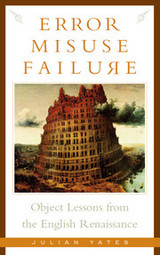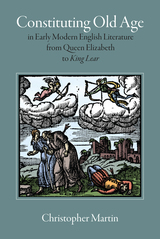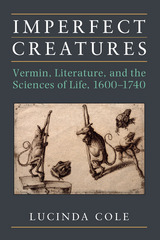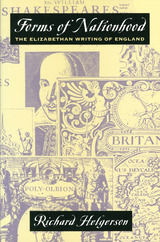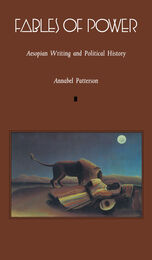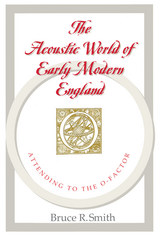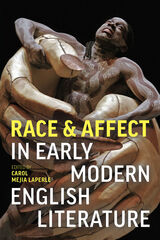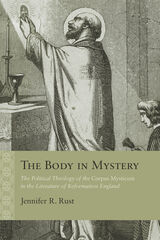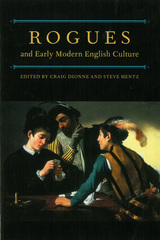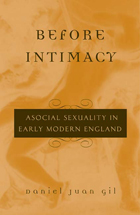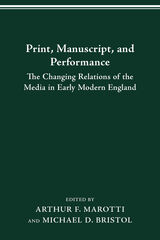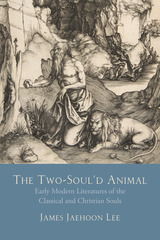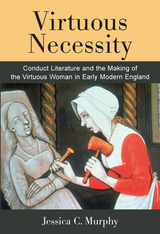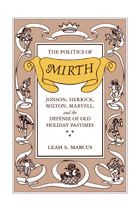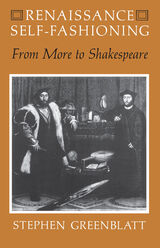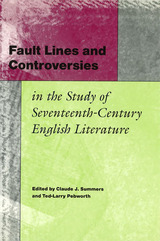Race and Affect in Early Modern English Literature
Arizona Center for Medieval and Renaissance Studies, 2021
Cloth: 978-0-86698-692-2 | Paper: 978-0-86698-658-8 | eISBN: 978-0-86698-693-9
Library of Congress Classification PR428.R35R33 2022
Dewey Decimal Classification 820.93529
Cloth: 978-0-86698-692-2 | Paper: 978-0-86698-658-8 | eISBN: 978-0-86698-693-9
Library of Congress Classification PR428.R35R33 2022
Dewey Decimal Classification 820.93529
ABOUT THIS BOOK | AUTHOR BIOGRAPHY | REVIEWS | TOC
ABOUT THIS BOOK
This collection brings together critical race studies and affect theory to examine the emotional dimensions of race in early modern literature.
Race and Affect in Early Modern English Literature puts the fields of critical race studies and affect theory into dialogue. Doing so opens a new set of questions: What are the emotional experiences of racial formation and racist ideologies? How do feelings—through the physical senses, emotional passions, or sexual encounters—come to signify race? What is the affective register of anti-blackness that pervades canonical literature? How can these visceral forms of racism be resisted in discourse and in practice? By investigating how race feels, this book offers new ways of reading and interpreting literary traditions, religious differences, gendered experiences, class hierarchies, sexuality, and social identities. So far scholars have shaped the discussion of race in the early modern period by focusing on topics such as genealogy, language, economics, religion, skin color, and ethnicity. This book, however, offers something new: it considers racializing processes as visceral, affective experiences.
Race and Affect in Early Modern English Literature puts the fields of critical race studies and affect theory into dialogue. Doing so opens a new set of questions: What are the emotional experiences of racial formation and racist ideologies? How do feelings—through the physical senses, emotional passions, or sexual encounters—come to signify race? What is the affective register of anti-blackness that pervades canonical literature? How can these visceral forms of racism be resisted in discourse and in practice? By investigating how race feels, this book offers new ways of reading and interpreting literary traditions, religious differences, gendered experiences, class hierarchies, sexuality, and social identities. So far scholars have shaped the discussion of race in the early modern period by focusing on topics such as genealogy, language, economics, religion, skin color, and ethnicity. This book, however, offers something new: it considers racializing processes as visceral, affective experiences.
See other books on: 1564-1616 | Early modern, 1500-1700 | Race in literature | Sex role in literature | Shakespeare, William
See other titles from Arizona Center for Medieval and Renaissance Studies
